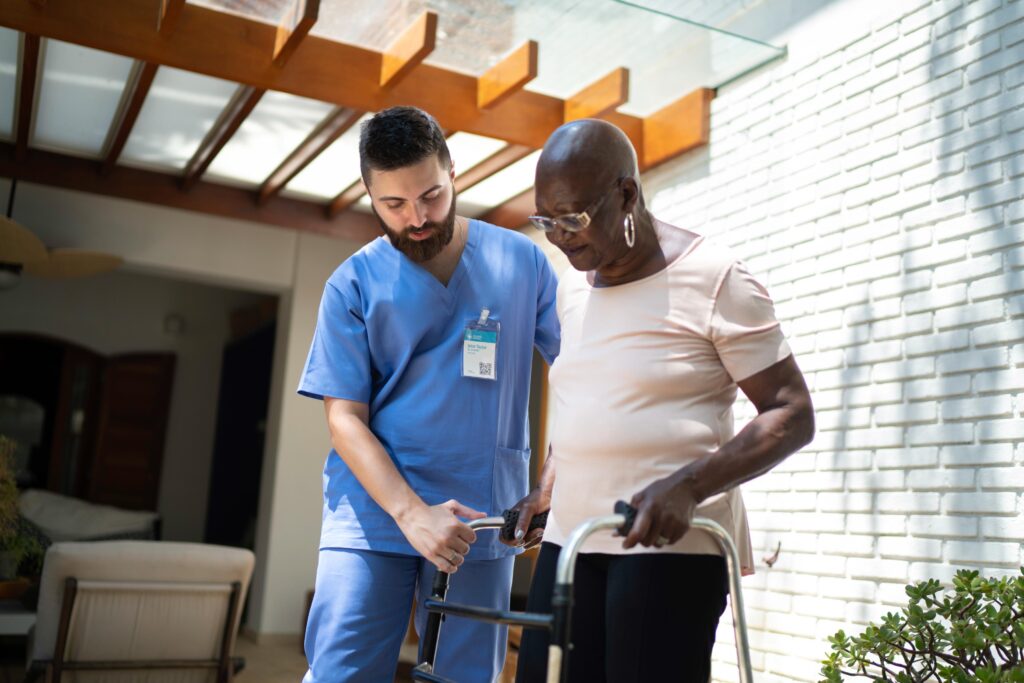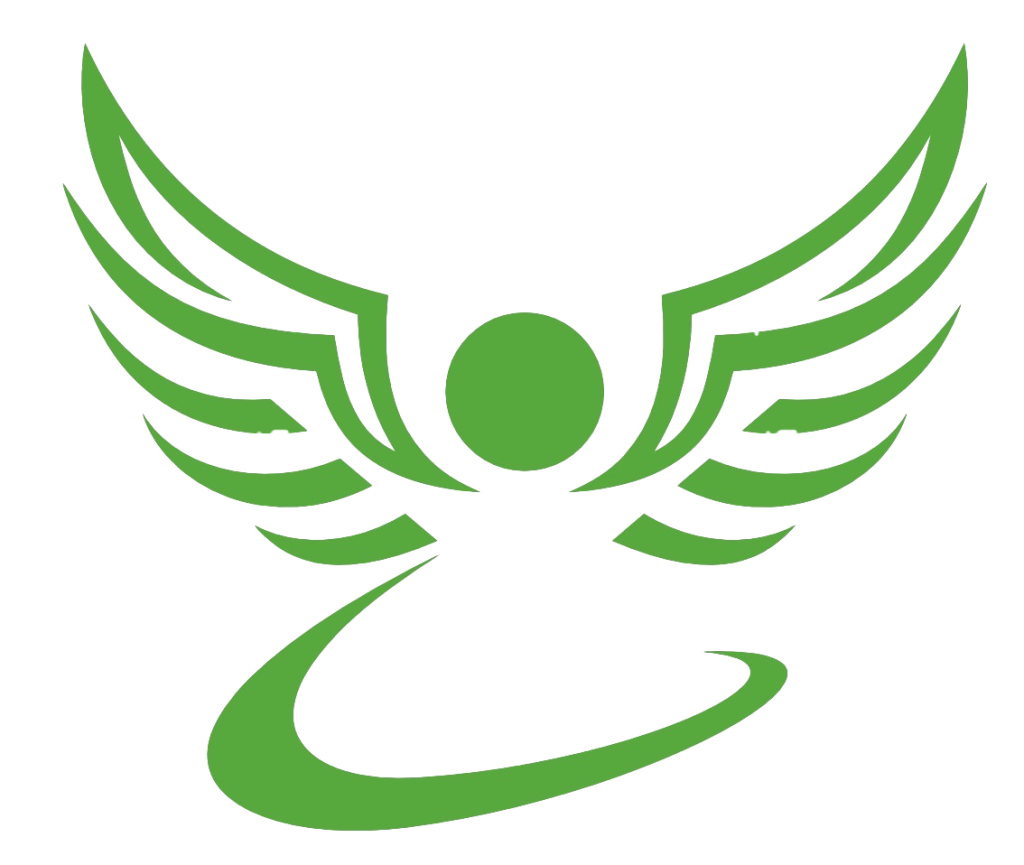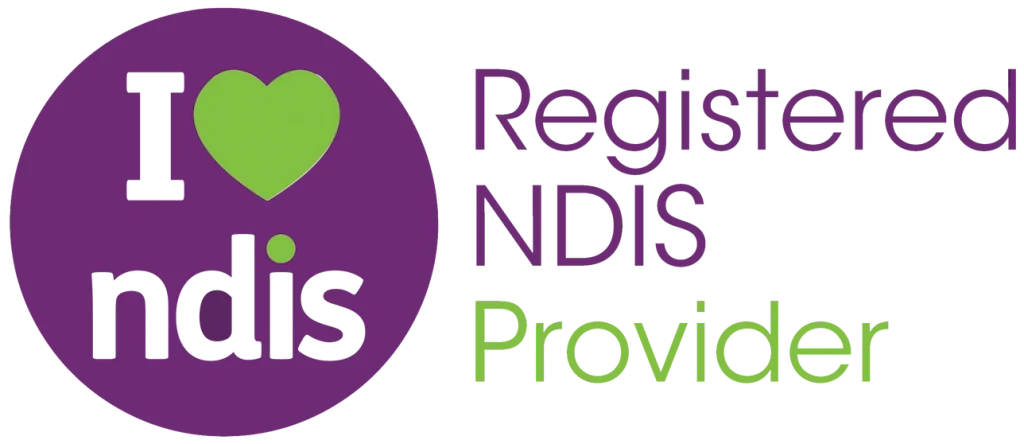Medication management should be considered as a crucial part of a person’s healthcare routine, especially for seniors as they usually have multiple prescriptions. The right approach to meds management can be helpful in preventing missed doses, adverse reactions, and even serious critical situations that could be life threatening. In the following sections, we will break down some practical tips to help keep medication management organized, safe, and free of stress.
Create a Medication List
Keep It Updated
The very first step to take for effective medication management is to maintain an up-to-date list that contains details about all prescriptions, over-the-counter meds, supplements, and vitamins. You should include the name of the medication, the dosage, the frequency, and the reason why it’s being taken in this list. It will allow you to avoid confusion to have this information easily available, and it will also be helpful for others to be on the same page.

Share It with Caregivers and Doctors
You must share this list with all caregivers and doctors who are involved in the senior’s care. This will allow easy communication about any changes or new prescriptions in the seniors’ routine, and potential drug interactions can be identified and avoided in advance. Also, make sure to bring this list to every doctor’s appointment.
Use Pill Organizers
Simplify the Process
Pill organizers are a very simple tool for managing the daily doses, they are very effective too. They come in various forms and styles, ranging from something basic with daily boxes to something more advanced with compartments for specific-time-of-the-day doses. You can minimize the chances of forgetting or doubling up medications by filling the organizer once a week.
Consider Electronic Organizers
For those who require some extra help, electronic pill dispensers can be a great solution. These devices are programmed to dispense the correct dose at its suitable time. It even has the options of alarms or reminders for taking the medication. Some even have features that will notify a caregiver if one of the doses is missed.
Set Reminders
Χρησιμοποιήστε την τεχνολογία
Technology can be a great tool when it comes to medication management. There are apps, available on the Appstore or Play store, with built-in features that can set reminders for medication times. This is very useful, especially for those who are required to take medications multiple times a day.
Stick to a Routine
Try to associate medication intake with a regular daily activity, like brushing teeth, or eating a meal. This can make taking meds a natural part of the daily routine, making you more consistent with the daily dose intake.
Monitor for Side Effects
Know What to Look For
It is important to understand the potential side effects. It can be anything, dizziness, nausea, or something more serious, being aware of what to expect will help in identifying when something is not okay. You must always read the information that comes with each medication and ask the pharmacist or doctor ASAP if you’re unsure about something.

Report Any Issues Immediately
If, by any chance, any unexpected side effects arise or if the senior’s condition seems to change after starting a new medication, report it to the doctor ASAP. Sometimes, adjustments may be required to be made to medication being used or to its dose.
Safely Store Medications
Out of Reach, But Accessible
You should store meds away from direct sunlight and out of reach of children or pets in a cool and dry place. But they should also be easily accessible to the person who is going to take them. Depending on the situation, a good solution might be to use a dedicated cabinet or drawer with a lock.
Regularly Check Expiration Dates
Medications that are expired can be ineffective, and in the worst-case scenario harmful. Normalize, regularly checking the expiration dates on all medications and get rid of any that are out of date. Most pharmacies offer medication disposal services, allowing a safe disposal of old medications.
Get Support from Professionals
Home Care Assistance
Professional caregivers can help significantly with medication management. They can provide assistance with organizing medication, setting up reminders, and making sure that the doses are taken at the right time.
Pharmacist Support
Oftentimes, Pharmacists are more accessible than doctors for quick questions or concerns. Maintain a good relationship with your pharmacist as they can provide advice, check for interactions, and even suggest ways to make the whole process easier.
At 1st Care Community, our experienced team is here to help your seniors with personalized care services based on their unique needs. We’re here to support you and your loved ones whether you need assistance with meds management, daily living activities, or just someone to check in regularly. Visit η ιστοσελίδα μας to see how we can help make life at home safer and more comfortable. Learn more about our services εδώ.


